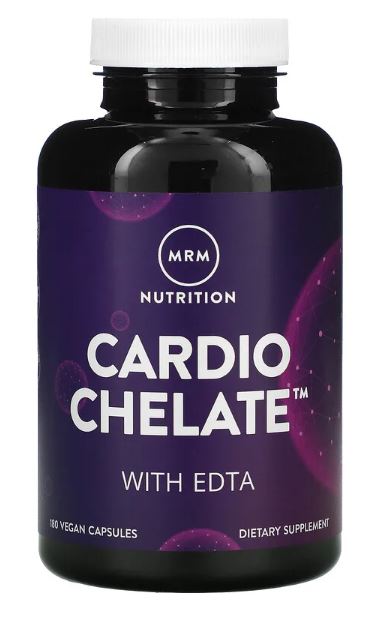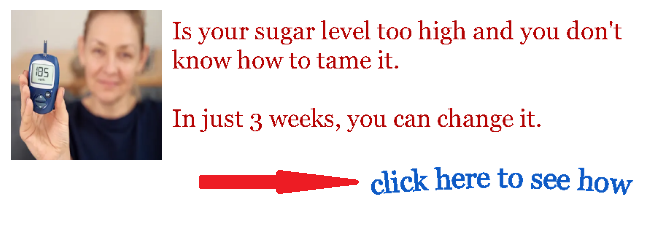Blood thinners play a crucial role in treating and preventing blood clots in the human body. However, blood thinners further cause immense side effects among people. The most common side effect is that it causes excessive bleeding. Some assertions taking blood thinners affects the body temperature. For instance, Reddit user inquires whether it is normal for fingertips to get cold after a blood thinner prescription. The individual expresses that the fingertips became colder after a Xarelto prescription. Hence, can blood thinners make you cold?
People have different perceptions about body temperatures, whether hot or cold. An individual’s perception of body temperature influences whether one feels cold or hot than the actual weather. Blood circulation plays a fundamental role in regulating body temperature. Thus, blood circulation differs depending on the weather available in varying regions.
Can blood thinners make you cold?
Yes.
Blood thinners such as warfarin and Xarelto are known to have chills as a side effect. The patients also tend to experience some cold fingers and toes. However, getting cold is not publicized among the side effects of blood thinners. Even though patients taking blood thinners complain of colder, doctors cannot explain why it happens.
Researchers J. L. Burton and P. Pennock conducted a controlled study to evaluate why patients associate blood thinners with coldness. 202 blood thinners patients were subject to a miscellaneous during their blood tests. The nurse in charge asked the participants, “do your tablets make you feel cold?” The nurse recorded the answers and asked the patients to record the thinning blood medication taken.
Only 94 participants took warfarin, and 108 took other blood thinning medication. 45% (42 participants) of the patients taking warfarin answered affirmatively, meaning they felt colder under the prescription. On the contrary, only 22% (24 participants) of the 108 taking other blood-thinning medication felt the coldness. The parts of the body affected by the cold did not show significant variation. The study noted a considerable age difference among the warfarin users who reported feeling colder. It is essential to note that there were no changes in the dose prescribed among all the participants.

The researchers in the above study did not find scientific grounds to explain the results. However, the researchers in the study agreed that getting colder on blood thinners is a spurious effect. Patients taking anticoagulants believe that the medication “thin” their blood. As a result, the affected patients perceive that they are likely to feel colder. The researchers noted that some patients under blood thinner medication argue that they know it is time to minimize the dosage when they begin to feel colder.
What should patients do?
Even though there is no scientific finding explaining why anticoagulants make patients feel colder, the phenomenon cannot be assumed. Patients on blood thinners should consider notifying their caregivers when they note changes in their body temperatures. The doctor can either consider substituting the medication or reducing the dosage. Talking to a doctor will also help conduct a diagnosis that eliminates the probability of other ailments. It is important to note that the above measures might fail to relieve the patient from the condition since they are just assumptions.
Blood thinner mechanism
If blood thinners do not make one feel colder, it is essential to evaluate the anticoagulant mechanism. In other words, how blood thinners function. The anticoagulant effect on the blood is that it slows down the process of clot formation. In addition, blood thinners inhibit the blood from clot formation.
Clot formation can be dangerous because it can lead to stroke, heart disease, or even death. An individual can experience clot formation due to an existing medical condition. Prolonged sitting and obesity are among the factors that can cause clot formation. If left untreated, the patients risk developing complications, as mentioned earlier. The bone marrow tends to produce more red blood cells to transport oxygen. However, exposure to high altitudes with less oxygen makes the blood thicker.
Blood circulation plays a crucial role in the ability to regulate body temperature. During the cold seasons, blood vessels tend to be smaller than usual, aimed at keeping the blood deeper in the skin. As a result, people feel some warmth. On the other hand, when the weather is warm, blood vessels dilate to release the heat retained in the body. When a person moves from a warm to a cold area,it takes a prolonged period for the blood circulation to return to normal.
It is essential to note that one’s perception of the weather plays a crucial role in determining body temperature. Individuals feel super-hot during the summer season since they have a perception of the hot weather. Alternatively, people feel colder in winter because the temperature isshallow.
Individuals should take measures that enable them to adjust and feel comfortable with different body temperatures. For instance, one shouldwear more clothes if the body gets colder. Alternatively, people should consider wearing light clothes when the body temperature is hot. Making such adjustments influence the perception one feels about the weather, influencing body temperatures.
Blood thinner prescription
Blood thinners have numerous side effects, some of which are life-threatening. Excessive bleeding imposes a danger to people in case one gets an injury resulting in blood loss. Patients on blood thinners are also likely to experience blood in stool and urine and bruising. In case of an internal injury, an individual is likely to experience extreme headaches and stomachaches. Other side effects include blurred vision and weakness or dizziness. Physicians emphasize that people should get an anticoagulant prescription from a healthcare giver.
The article states that blood thinner patients know it is time to reduce the dosage when the body gets colder. However, the same article also shows that people feel colder or warmer based on their perception of the weather. In addition, blood circulation is solely responsible for regulating body temperature. Therefore, it is wrong to assume that patients should minimize their blood thinner dose when they feel colder.
Having a prescription from a licensed doctor is crucial when it comes to blood thinners. It ensures that the patient takes the proper medication at any given time. The doctor will use the blood test results to determine the correct dosage for individual patients. The results further enable physicians to assess and decide which medication is suitable for patients. Doctors evaluate their recommended prescriptions to ensure that they minimize any severe side effects from anticoagulants. If the patient has a negative experience, the physicians can change the dosage or medication.
Buying blood thinners over the counter exposes the patient to all the associated side effects. The patients lack an informed view of their condition and the probable positive outcome after the treatment. Failure to understand whether a prescription is higher exposes the patient to more severe side effects. If the dosage is lower, it does not attain its efficiency.
Safety when on blood thinners
There are a variety of blood thinners on the market. Patients must ensure that they purchase FDA-approved medication when buying over-the-counter. However, getting a prescription from a doctor will play an essential role in ensuring patients take FDA-approved medicines. It is also crucial to note that patients can accessnatural blood thinners, which work effectively. These natural sources of blood thinners include ginger, turmeric, garlic, grape seed extract, cinnamon, and Vitamin E.

+
VIDEO
Patients on blood thinners should adopt some safety measures to protect their health. Firstly, doctors recommend that patients notify them of any other medication they currently take. Some antibacterial and antifungal drugs escalate the functioning of blood thinners, causing more severe bleeding. Patients need to abide bythe prescription given and never miss a dose. Clot formation poses an extreme risk to an individual’s health and can lead to more intense complications. Healthcare givers discourage patients on blood thinners from taking alcohol. Overwhelming the liver with high amounts of alcohol can slow the absorption of blood thinners, which can be life-threatening. Patients should always notify their healthcare givers that they are on blood thinners before any invasive procedure occurs.
Conclusion Blood thinners are essential for patients at risk of clot formation, which is life-threatening. However, blood thinners associate with numerous side effects that might affect the consistency of the prescribed doses. The belief that blood thinners make one feel colder is a misconception people need to know. Blood thinners make the blood less sticky, which minimizes the probability of clot formation. On the other hand, blood circulation is responsible for making the body feel warmer or colder. Researchers argue that individuals feel warm or colder based on their perception of the weather and not their actual body temperatures. Therefore, taking blood thinners cannot make one feel colder. There is an emphasis on the need for patients who need blood thinners to consult their doctors before self-medicating. The safety practice measures safeguard patients from any eventuality that might cause more damage to their well-being. Patients should make it easy for doctors to treat them by adhering to all instructions and suggestions.

